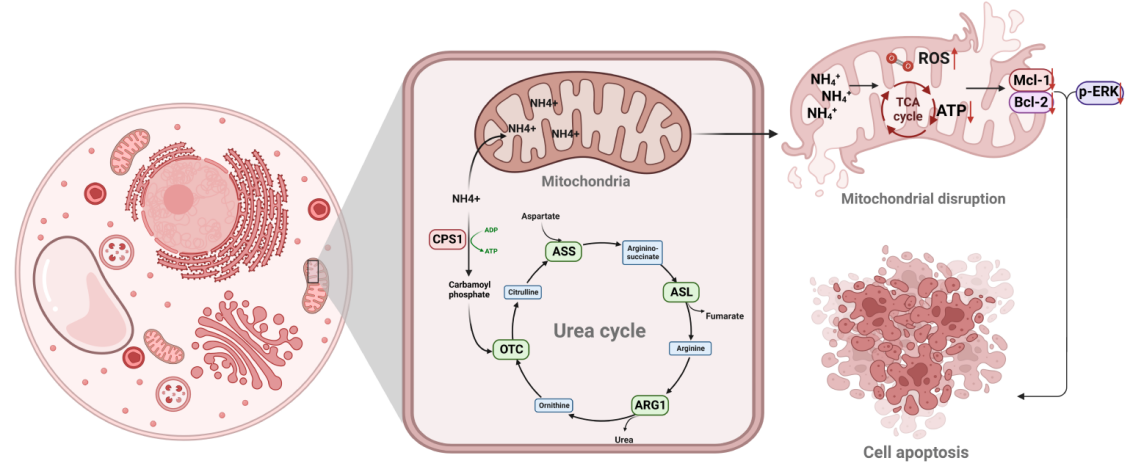Recently, Prof. Shi Benkang's team from the Department of Urology, Qilu Hospital of Shandong University, and Prof. Jiang Xinyi's team from School of Pharmaceutical Sciences of Shandong University, together published a paper entitled "Metabolic Modulation of Intracellular Ammonia via Intravesical Instillation of Nanoporter-Encased Hydrogel Eradicates Bladder Carcinoma" online in an internationally recognized academic journal
Advanced Science (CAS District 1, 5-year average IF=18.939). The research has developed a novel targeted drug for bladder cancer perfusion therapy, and the related results have been applied for national invention patent. Prof. Shi Benkang from the Department of Urology of Qilu Hospital of Shandong University, and Prof. Jiang Xinyi from School of Pharmaceutical Sciences of Shandong University are co-corresponding authors of this paper. Dr. Jing Weiqiang from the Department of Urology of Qilu Hospital of Shandong University, and Dr. Chen Chen from School of Pharmaceutical Sciences of Shandong University are co-first authors.

Bladder cancer is a common malignant tumor, the incidence of which is increasing year by year and is characterized by multiple occurrences and recurrence. The current treatment for non-muscle invasive bladder cancer is mainly surgery combined with postoperative bladder irrigation drug therapy. Nevertheless, there is still a lack of effective treatment for advanced bladder cancer or bladder cancer with multiple recurrences after surgery. As the bladder is the organ connected to the outside world through the natural cavity, transurethral bladder perfusion therapy is a unique treatment for bladder cancer. Based on the clinical challenges in the treatment of non-muscle invasive bladder cancer, and combined with the special environment of bladder cancer, the research team designed and developed novel targeted drugs for bladder cancer perfusion therapy.
To address the pharmacokinetics of bladder perfusion, the team developed a hydrogel for bladder perfusion using bionic technology inspired by the ability of mussels to adhere to wet rock walls in the ocean. The hydrogel system has good bladder adhesion and biosafety properties, and can play a key role in slowing the release of targeted drugs and prolonging their duration of action.

The study also focuses on the urinary environment in which bladder cancer is located. By interfering with CPS1, a key enzyme of urea metabolism in bladder cancer cells, the study aims to regulate the metabolism of bladder cancer cells, cause the accumulation of ammonium ions in bladder cancer cells, result in apoptosis of tumor cells, and exert anti-tumor effects. Animal experiments have shown that this drug delivery system has a significant effect on bladder cancer inhibition and a good safety profile.
In recent years, Prof. Shi Benkang's team has achieved a series of high-level results in the field of basic and clinical translational research on bladder cancer, which have been published in
Molecular Cancer (2021),
Cancer Research (2022),
Advanced Science (2023) and other internationally renowned academic journals. This research has been supported by Shandong Mount Tai Scholar Specially Appointed Expert Grant, several funds of National Natural Science Foundation of China, Shandong Key Research and Development Program, and CSCO Oncology Special Fund.
Link: https://onlinelibrary.wiley.com/doi/10.1002/advs.202206893

